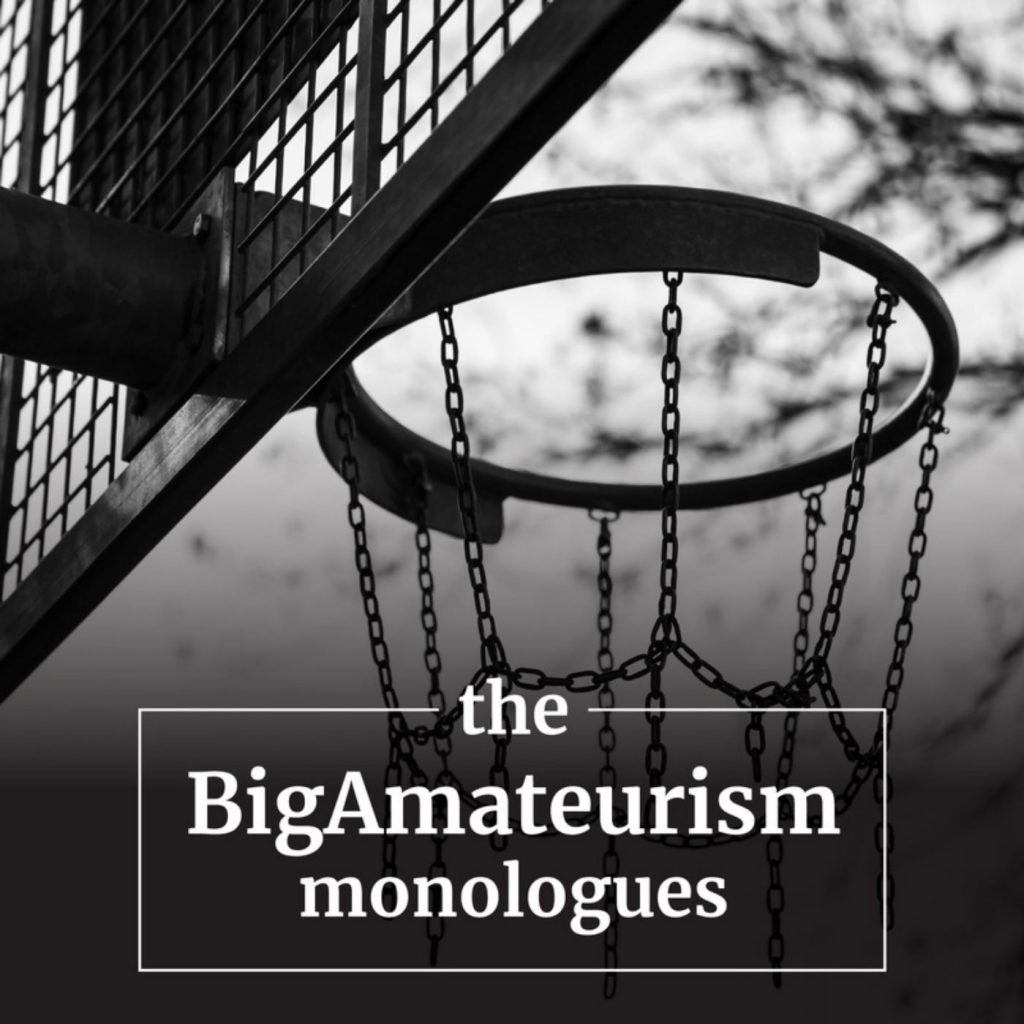Episodes
On Friday, February 25, 2022, Big 12 Commissioner Bob Bowlsby spoke at an Aspen Institute forum on college sports and the possibility of athletes as university employees. Bowlsby’s comments provide insight into the difficulty in-system stakeholder beneficiaries now face in articulating a forward-thinking, coherent position on the future of college sports, particularly regarding the fundamental relationship between athletes and their universities. While acknowledging that college sports are in unchartered waters after the hurricane of 2021, his comments consistently landed with worn-out NCAA/Power 5 talking points used in 2019 and 2020 to preserve the pre-Alston/NIL/transfer market status quo. Bowlsby’s detached perspective belied his position as one of the most influential individuals in college sports. As with so many discussions on the path forward for college sports, Bowlsby’s thinking begs a fundamental question in college sports voluntary regulation: who the hell is in charge?
For seventy years, the NCAA and in-system stakeholders-beneficiaries have militantly enforced their classification of athletes as “students” rather than employees. There is scant evidence that the NCAA/Power 5 have budged from that position. This episode frames the athletes as employees debate from a values-based perspective. I use NCAA/Power 5-friendly hearings in the Senate in 2020 and two pieces of proposed legislation to analyze the stakeholder polarization in this debate.
The NCAA Constitution Committee hailed the make-over of the NCAA Constitution as a transformative event for the NCAA and college sports regulation. In that framing, the NCAA, Power 5, and in-system stakeholders suggest the “new” NCAA is the product of original thinking. In fact, the recently ratified NCAA Constitution is a carbon copy of the Power 5’s 2013-2014 campaign for the Autonomy classification and legislative authority. Using rarely discussed evidence from the O’Bannon case, I analyze the Power 5’s Autonomy campaign in 2013-2014 and compare it to the work of the NCAA Constitution Committee in 2021-2022. This comparison exposes the NCAA’s constitutional overhaul as little more than unfinished business from the Power 5’s Autonomy power grab. Both campaigns were the product of eerily similar turmoil in the college sports world, including external regulatory threats (O’Bannon and Northwestern unionization), frustration with NCAA national office leadership, infractions and enforcement train wrecks, and a general sense that the walls were closing in on the big-time college sports status quo. On the back end of the firestorm of 2013-2014, the NCAA and its corrupt national office escaped relatively unscathed. At the same time, the Power 5 used crisis as opportunity to enhance its authority and autonomy under the NCAA umbrella. Having completed its Autonomy power grab in 2021-2022, can the Power 5 manage the current firestorm and reclaim the pre-Alston/NIL/transfer status quo? If past is prologue, the Vegas odds are on the Power 5’s side.
Heads Up for this Episode: I have an extended introductory montage comprised of clips from two sets of Senate hearings, one in 1997 and the other in 2003. Both hearings focus on anticompetitive behavior by big-time football conferences and schools in the post-season bowl market. While the post-season bowl marketplace provides context, the testimony of in-system stakeholder-beneficiaries arguing to preserve the then-existing status quo offers insight into how the big-time college football interests see their place in college sports writ large. The self-interested opinions and values expressed by NCAA presidents and Power 5 conference commissioners in these hearings are alive and well today. Set forth below in chronological order is a list of montage clips.
Senate Judiciary Subcommittee on Antitrust, Monopolies, and Business Rights: “College Football Bowl Alliance” (May 22, 1997)
Link to Panels I and II
Link to Panel III
Clip 1: Mike Dewine (R-OH)
Clip 2: Herb Kohl (D-WI)
Clip 3: Mitch McConnell (R-KY) and Cedric Dempsey (NCAA President)
Clip 4: Jeff Sessions (R-AL)
Clip 5: David Baker (Wyoming AD)
Clip 6: Jim Delaney (Big Ten Commissioner)
Senate Judiciary Committee: “Competition in College Bowl Games” (October 29, 2003)
Clip 7: Myles Brand (NCAA President)
Clip 8: Harvey Perlman (Chancellor, University of Nebraska)




